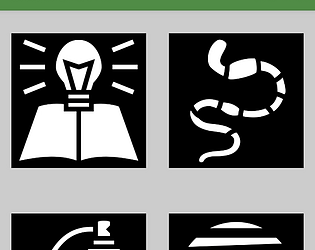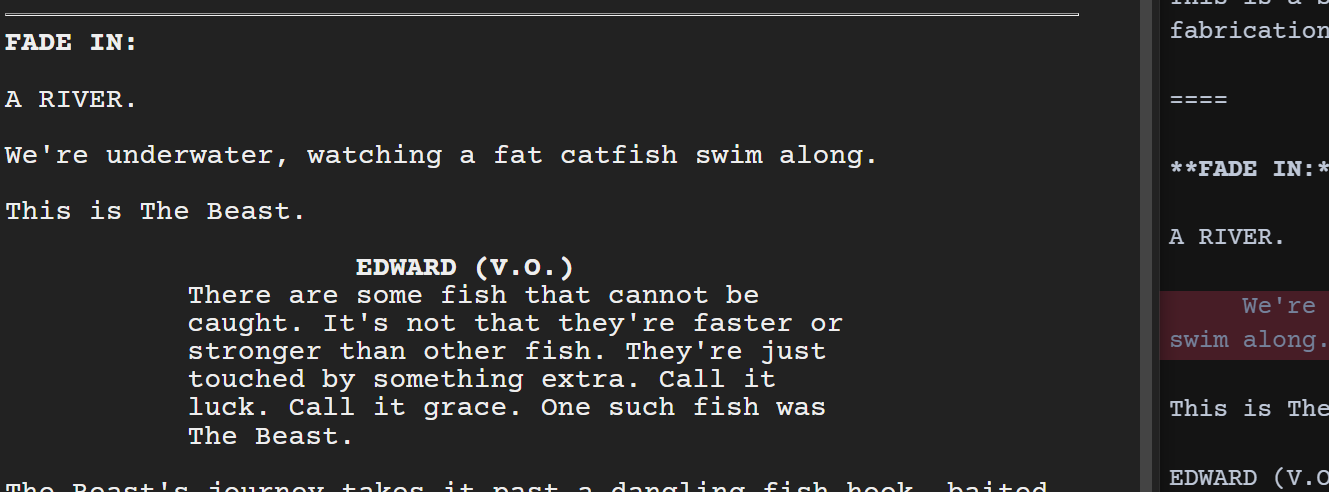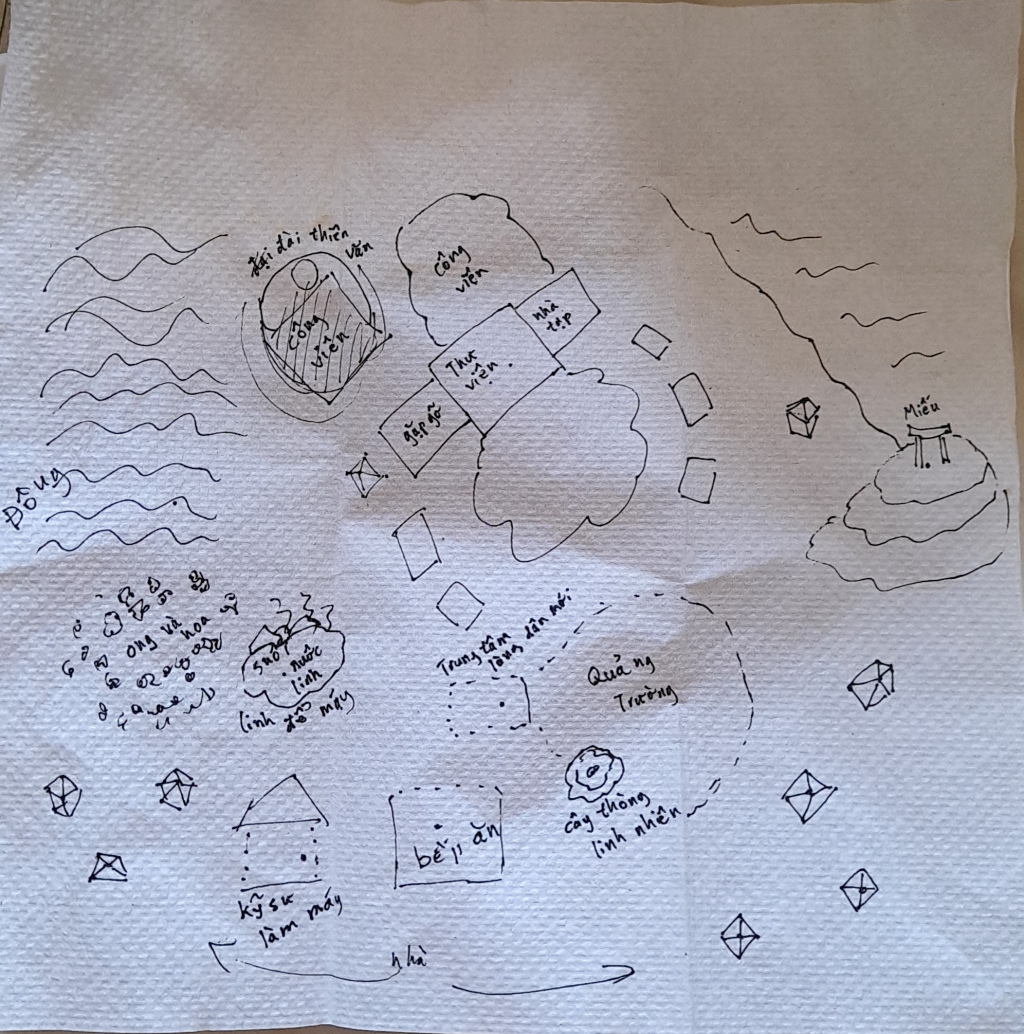I really really liked ExoBase! It packs so much in a small package, doesn't occupy a huge amount of space, and doesn't take a long amount of time -- the right amount of time to be fulfilling.
Everything worked well. The play loop was great and not overly complicated, there was so much in the way of variety and interactions between cards, and the game has a great story that's told through the gameplay.
One of my favorite games a while back, before the Plague, was Terraforming Mars. While the themes and stories of both games are different and well-implemented, I have to say that the variety I experienced during ExoBase was equal to or even above the best games of Terraforming Mars I ever played.
And I honestly really love ExoBase more. Although I loved Terraforming Mars and Good Little Martians too, they're very impersonal in a way. Exobase is, on the other hand, a character drama in space.
It's good, it's great, I look forwards to more games of this!
And apparently ExoBase's sequel ExoShip is coming soon! I'm so excited for what it could be. :o




